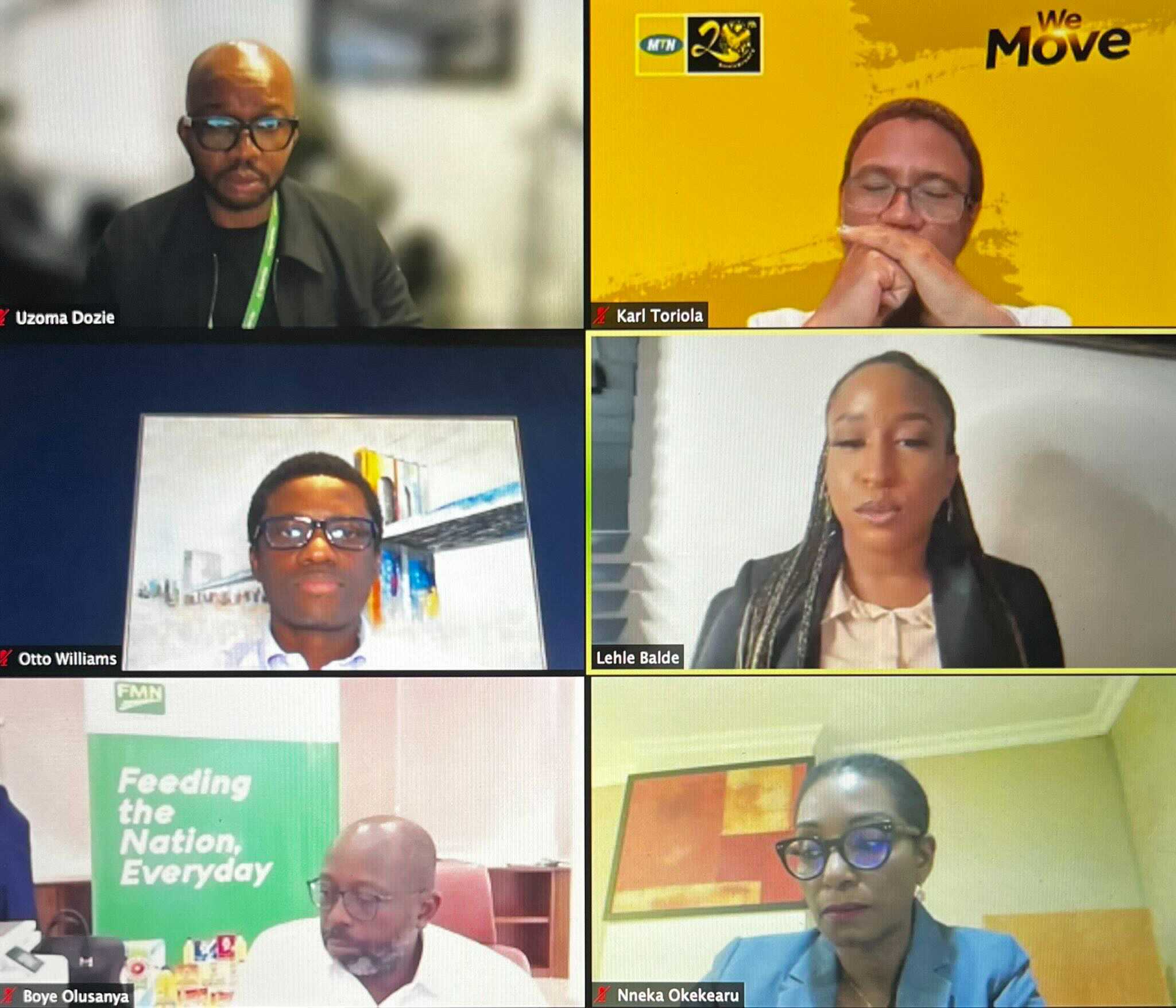Business
SMEs Can Leverage Technology To Thrive – Experts

Experts in the business sector have reiterated the need for Small and Medium Scale Enterprise (SMEs) to digitise their structures to explore available loan facilities by different banks.
The SMEs, who currently experience the challenge of access to finance, were urged to simplify their process in data gathering and information analysis to get captured.
The experts who gathered at a virtual event, Monday, organised by Sparkle Microfinance Bank, said small businesses do not usually have the capacity and expertise to create and maintain proper documentations and financial records at the level and in a manner that would show transparency and efficiency for financiers to extend credits to them.
Chief Executive Officer, Flour Mills Nigeria, Boye Olusanya, said: “I think that the major challenge for SMEs is book-keeping and financial records. If this is resolved, I believe that financiers would be able to step forward and support SMEs.”
Olusanya said financial literacy is a priority, adding that most SMEs want to build trust and need to experience the value that the Fintechs and other players in the financial ecosystem will bring to the table.
Chief Executive Officer, MTN Nigeria, Karl Toriola, said there is abundant data between telecommunication and banks for SMEs but what is needed is collaboration.
Deputy Director, Enterprise Development Centre, Pan-Atlantic University, Nneka Okekearu, said all SMEs should understand their business very well and realise that activity and profitability are two different things.
Okekearu said there is a need for the banking sector to create more innovations for entrepreneurs in access to financial literacy and access to market.
Senior Vice President, CEMEA, Visa, Otto Williams, said SMEs need to digitise its process for access for financiers to locate them. “Our approach is creating efficiency, capital to SMEs; promoting inclusive economic growth by providing global access to commerce.”
Chief Sparkler, Sparkle, Uzoma Dozie, said there are a lot of credit facilities for SMEs but data is the challenge, as well as structure.
“We need to start using different data in engaging with SMEs. We need to look at other ways to access loans. For small businesses, everything starts online. If you are not digital, it would be difficult to operate in the present atmosphere. Small businesses must adopt digital payment with human intervention.” Dozie said.
Business
Two Federal Agencies Enter Pack On Expansion, Sustainable Electricity In Niger Delta

Business
Why The AI Boom May Extend The Reign Of Natural Gas

Business
Ogun To Join Oil-Producing States ……..As NNPCL Kicks Off Commercial Oil Production At Eba

-

 Politics4 days ago
Politics4 days agoAPC Releases Adjusted Timetable For Nationwide Congresses, Convention
-

 Sports1 day ago
Sports1 day ago2026 WC: Nigeria, DR Congo Awaits FIFA Verdict Today
-
Sports4 days ago
DG NIS Wants NSC Board Constituted, Seeks Increased In Funding
-

 Business4 days ago
Business4 days agoCustoms Seek Support To Curb Smuggling In Ogun
-

 Featured4 days ago
Featured4 days agoINEC Proposes N873.78bn For 2027 Elections, N171bn For 2026 Operations
-

 Sports4 days ago
Sports4 days agoSWAN Rivers Set-up Five Functional Committees
-
Sports4 days ago
NSC Disburses N200m Training Grants To 26 Athletes
-
News4 days ago
Police Bust Kidnapping Syndicate In PH

